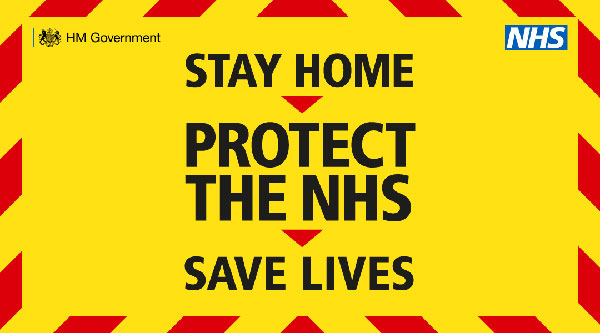 The Prime Minister has announced a national lockdown and instructed people to stay at home to control the virus, protect the NHS and save lives.
The Prime Minister has announced a national lockdown and instructed people to stay at home to control the virus, protect the NHS and save lives.
The decision follows a rapid rise in infections, hospital admissions and case rates across the country, and our hospitals are now under more pressure than they have been at any other point throughout the pandemic.
This drastic jump in cases has been attributed to the new variant of COVID-19, which our scientists have now confirmed is between 50 and 70 per cent more transmissible.
On 4 January, there were 26,626 Covid patients in hospital in England, an increase of over 30% in one week, and the April 2020 hospital admissions peak has now been surpassed by 40%.
The case rate in England up to 29 December was 478.5 per 100k, three times higher than on 1 December when the case rate was 151.3.
On 3 Jan, 454 deaths were reported, with 4,228 over the last 7 days – a 24% increase on the previous 7 days.
This afternoon, the four UK Chief Medical Officers have advised that the COVID threat level should move from level four to level five, indicating that if action is not taken NHS capacity may be overwhelmed within 21 days.
The Prime Minister praised everyone’s collective efforts to get this virus under control, emphasising the great national effort to fight Covid. Despite this, the pressure on our NHS, rapidly rising infection rates and hospital admissions due to the new variant mean that another national lockdown is sadly necessary.
From tomorrow, people will only be allowed to leave their homes for the following reasons:
- shop for basic necessities, for you or a vulnerable person.
- go to work, or provide voluntary or charitable services, if you cannot reasonably do so from home.
- exercise with your household (or support bubble) or one other person, this should be limited to once per day, and you should not travel outside your local area.
- meet your support bubble or childcare bubble where necessary, but only if you are legally permitted to form one.
- seek medical assistance or avoid injury, illness or risk of harm (including domestic abuse).
- attend education or childcare – for those eligible.
From tomorrow, all primary schools, secondary schools and colleges will move to remote learning, except for the children of key workers and vulnerable children. While children are still very unlikely to be severely affected by COVID-19, the government recognises that schools must be included in the restrictions in order to have the best chance of getting the virus under control as schools can act as vectors of transmission, causing the virus to spread between households when rates are high.
Schools will be required to provide remote education for those learning at home.
Early years settings such as nurseries, alternative provision and special schools will remain open and vulnerable children and children of critical workers can continue to use registered childcare, childminders and other childcare activities.
The government is also advising the clinically extremely vulnerable to begin shielding again, and letters will be sent to individuals with advice on what this means for them.
All non-essential retail, hospitality and personal care services must close, or remain closed. Restaurants can continue delivery, takeaway or click-and-collect of food and non-alcoholic drinks, but venues will no longer be able to serve takeaway or click-and-collect alcohol.
Essential shops and garden centres can remain open. Entertainment venues and animal attractions such as zoos must close, but the outdoor areas of venues such as heritage homes and botanical gardens can remain open, to be used for exercise. Playgrounds may also remain open.
Places of worship can also remain open, but you may only visit with your household.
Indoor and outdoor sports facilities including sports courts, gyms, golf courses, swimming pools, and riding arenas must also close. Elite sport and disabled sport can continue, as can PE lessons for those children attending school.
The restrictions will come into effect tomorrow, and are expected to last until the middle of February if the situation in hospitals improve. By this point, the NHS hopes to have vaccinated everyone in the top four priority groups identified by the JCVI – including older care home residents and staff, everyone over 70, all frontline NHS and care staff and all those who are clinically extremely vulnerable.
Vaccinating the most vulnerable will protect those at highest risk from COVID-19 and this will remove a significant amount of the pressure currently facing the NHS.
Based on the latest available data, the UK has vaccinated more people than the rest of Europe combined and we will continue to accelerate our vaccination programme at pace.
Everyone should follow the new rules from now, and they will become law from 00.01 on Wednesday. Parliament will sit, largely remotely, on Wednesday to debate and vote on the measures.
The full details on what you can and cannot do are available here.
The above statement was issued by the government and can be read on the gov.uk website.


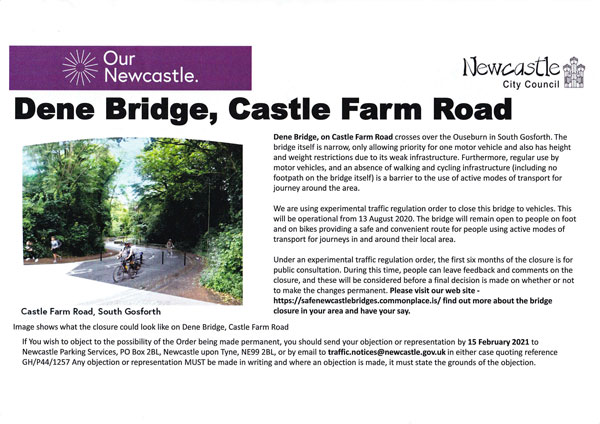
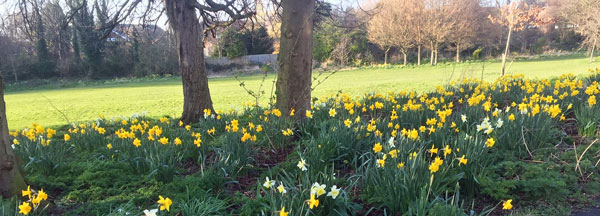
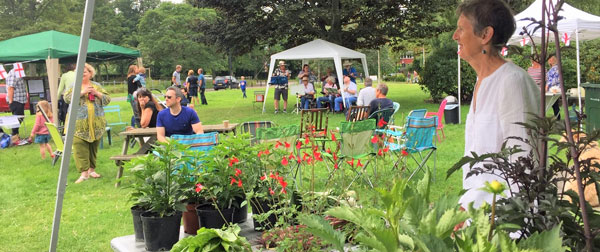
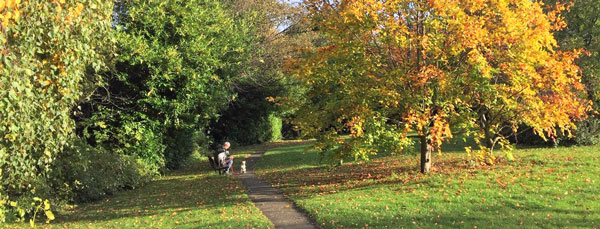


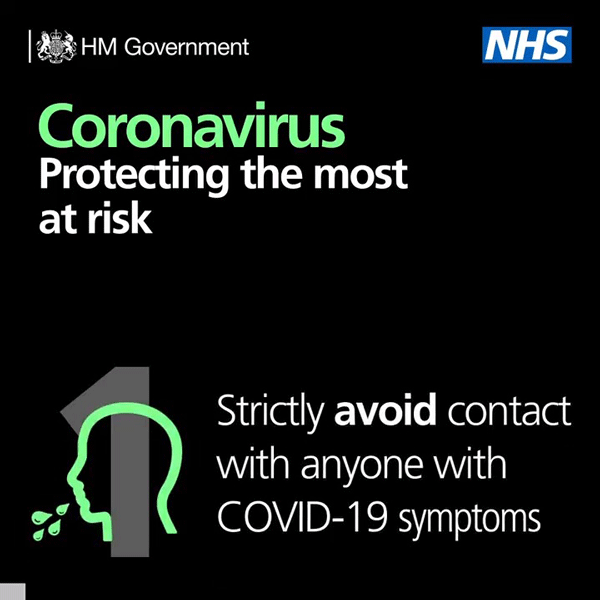
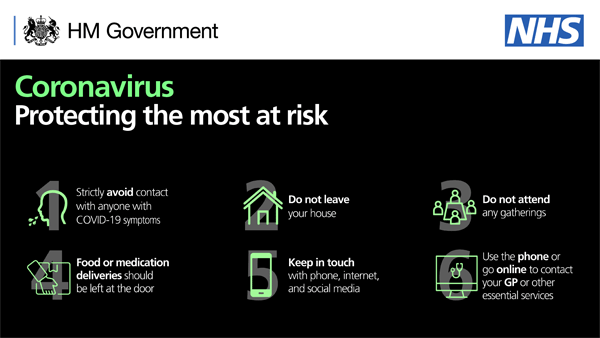
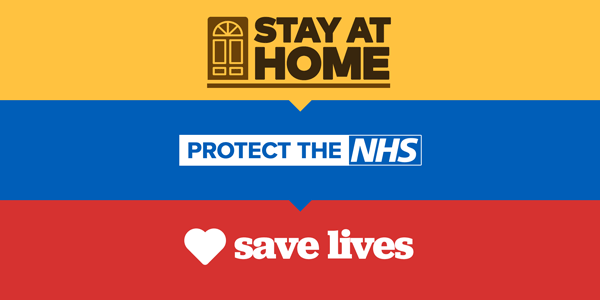


 Cllr Arlene Ainsley, cabinet member for transport and air quality said:
Cllr Arlene Ainsley, cabinet member for transport and air quality said: